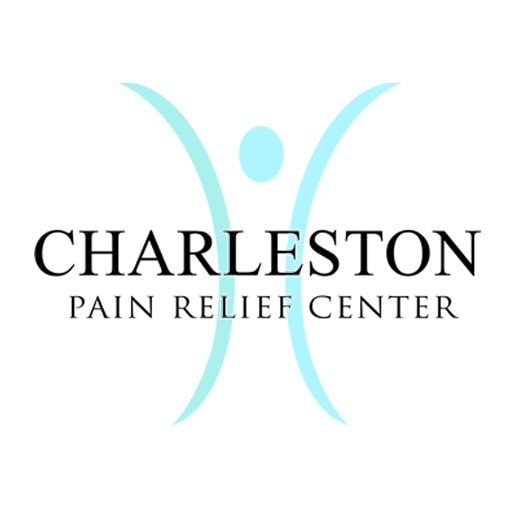There are several conditions that can affect the individual spinal discs. Some of the most common disc conditions include the following:
- Bulging discs (slipped discs)
- Herniated discs
- Degenerative Disc Disease
- Thinning discs
- Intervertebral Disc Disease
Symptoms of these problems can include:
- Sciatica
- Spinal Stenosis
- Compressed Nerves
Specific spinal disc conditions can produce a variety of symptoms. Two patients with the same disc condition may experience different symptoms.
Signs of Disc Issues
Specific spinal disc conditions can produce a set of symptoms that varies from the symptoms produced by another disc condition. Then again, two patients with the same disc condition may experience different symptoms.
In general, signs of a spinal disc issue may be:
- Moderate to severe back and/or neck pain
- Back or neck pain that increases when laughing, coughing, or sneezing
- Pain or numbness that radiates into the arms or legs
- Pain that increases significantly with sudden movement
Causes of disc conditions vary depending on the exact condition, but there are several risk factors that increase an individual’s chances of developing a spinal disc issue. For example:
- Existing diabetes
- Poor posture
- Excess weight
- Lack of regular exercise
- Disc Degeneration
- Lifting heavy or cumbersome objects
- Smoking cigarettes
- Having a previously untreated back injury
Age can also play a role in the likelihood of developing a disc condition. When it comes to disc diseases, older age is a considerable contributor. Being between 30 and 50 years of age may play a role in the development of disc injuries, however.
Holistic Spinal Care
At Charleston Pain Relief Center, our team has designed an array of holistic protocols we employ in creating customized care plans for our patients who suffer from spinal disc conditions.
It is our goal to provide those we see with options that not only relieve pain naturally, but correct the causative elements as well. Because we work with a strict “test, don’t guess” strategy, we take the time to get to know our patients, evaluate their unique needs, and recommend options that are the most likely to produce successful results.

